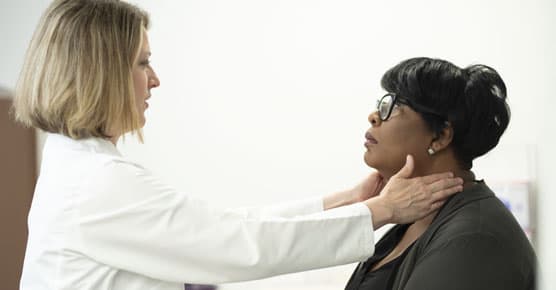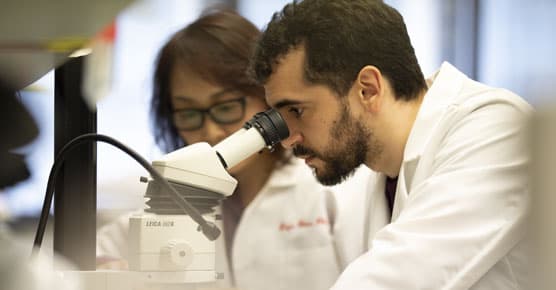Our Apologies

The page you requested could not be found.
See below for options to help get you back on track. You may also call UCM Connect at 1-888-824-0200 for assistance.

Patient Care

Patient & Visitor Information


See below for options to help get you back on track. You may also call UCM Connect at 1-888-824-0200 for assistance.


